There is a certain irony in the fact that I became aware of the Unesco Memory of the World Programme whilst researching the most ancient artefacts. Wikipedia says that the initiative was launched to ‘safeguard the documentary heritage of humanity against collective amnesia, neglect, the ravages of time and climatic conditions, and wilful and deliberate destruction.’
The quote from Dato’ Habibah Zon, Director-General of the National Archives of Malaysia, highlights how much of our heritage and history we owe to the written word and symbol that have come down to us over the centuries.
Global literacy is probably higher today than at any other time. Access to technology increases daily and the ease of use allows us to tap our words directly onto a screen without ever producing a hard copy.
Our words are released in various electronic forms. Much of what we write we will delete to ‘save space’. Even more is forgotten once we press ‘send’. Billions of words float through an unseen medium and are held to ransom by our growing technological expertise.

What happens to our words when a new system replaces the ones we now know? Will they all be backward compatible? I doubt it. How many people outside of institutions with legacy computers still have the means to read a floppy disc? What of our legacy then, when there is nothing on which we can locate, display and read our blogs, ebooks, online journals and memories?
Writers may not write primarily for posterity, but there is an undeniable link between what we have read and what we write. Even were we only to have ever read newly written works, by the time we reach middle age we have known half a century of changing literature… and most of us have read works created at least a century earlier, as we have shared the stories that delighted our parents and grandparents. Some go back even further; to read, for example, the text of the Book of Coming Forth by Day… the Egyptian Book of the Dead… is to read words written over three and a half thousand years ago.
It isn’t just the great documents of history that are of value. Great granny’s letters and journals, for example, reveal much about Victorian life… and the trenches of WWI. Your journal tells the small things of life in the 21stC… the silly things we take for granted because they are ‘normal’ for us, yet which could be the missing piece in a puzzle in centuries to come.
History is not made only by the great and good, but by each and every one of us, every day… it will not be up to us to decide what is of value in a thousand years. It will be simply a case of ‘what is left’.

The oldest written document is a form of pictographic script, possibly Sumerian, dating back some five and a half thousand years. We do not understand what is written on the fragment… we know only that it is a direct link with the words and world of our ancestors. It is part of our history… part of the history of the words I now type.
My research of the graven stones scattered across our landscpe leaves me with more questions than answers. The enigmatic petroglyphs are the only ‘written’ record we have from the Old Ones who lived here many thousands of years ago. Perhaps everything we need to understand them is there for us, but we cannot see it, simply because our mindset has changed so much. Perhaps, in five thousand years, our grandchildren’s many-times-great-grandchildren will look with just such puzzlement and wonder at what fragments they have of our history.
In these days where handwriting is a dying art, where texts are ephemeral and we confide our thoughts to the fragile bellies of computers or the nebulous Cloud, what will we leave for the future?

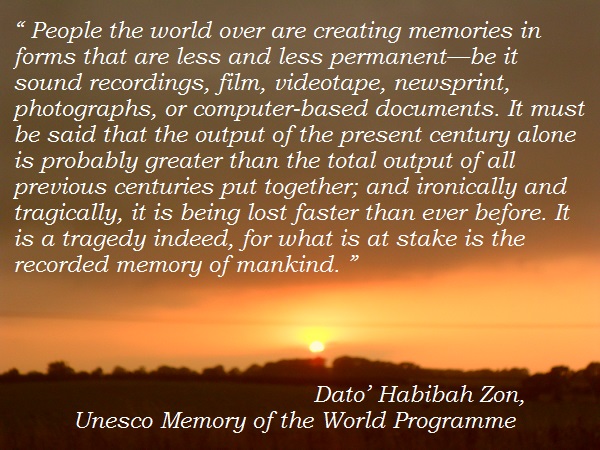

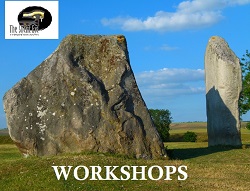

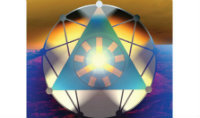

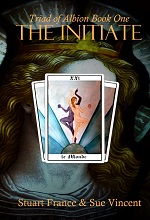


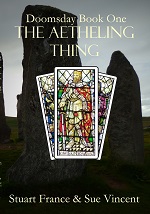
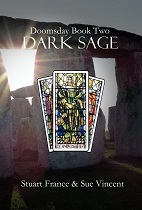
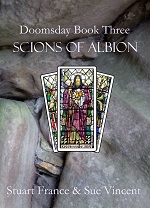







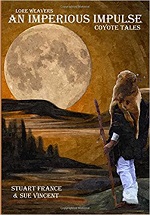


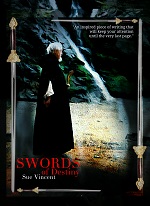

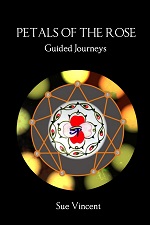

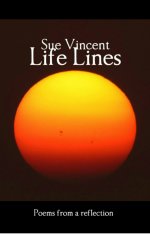
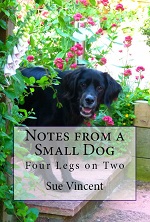



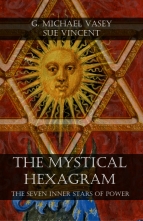

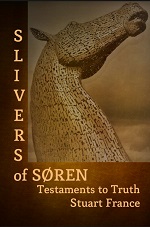


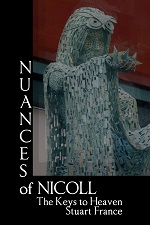


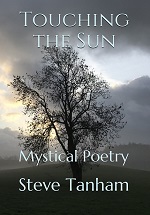

Another subject for thought, Sue. Thank you – it is so true.
LikeLiked by 1 person
I do wonder whether we ar e losing vital pieces of future history, Lynn.
LikeLiked by 1 person
Wow!!! Now that’s a thought and a half!!! I feel like printing all my writing and laminating it and keeping it in a vault ready for the future, just in case they can’t access our computers or the internet as we know It!
LikeLiked by 1 person
It is anoter good reason to keep books alive…
LikeLike
Very true Sue 📚
LikeLike
Pingback: Memories of the written word – The Militant Negro™
Food for thought, so very interesting
LikeLiked by 1 person
We risk losing a good deal, I feel…
LikeLiked by 1 person
It does make you wonder………. one careless click of a button, and it’s gone, or if technology fails, it’s trapped in cyberspace that may well never be compatible with whatever software replaces it.
LikeLiked by 1 person
And how much will we have lost or missed then? So many memories are tied up with our ability to read what the past wrote.
LikeLiked by 1 person
Scary thought. But perhaps all our thoughts are not meant to be available for the next generations.
LikeLiked by 1 person
All? No… but so much of what we learn and what we cherish comes from the written word.
LikeLiked by 1 person
So true. I print off a lot of things and have newspaper clippings from over 50 years ago. But will those who come after me be interested, or just throw it all away?
LikeLike
On my own experience, such things fascinate subsequent generations.
LikeLike
This is quite a heady post, Sue. Your thinking is deep, and frankly- very important. Excellent post!
LikeLiked by 1 person
I find it quite a scary prospect, that we could turn around one day and find so little of our everyday and family history has disappeared.
LikeLiked by 1 person
Indeed!
LikeLiked by 1 person
A lot to think about, Sue. When I lived abroad I kept every letter I received from family and friends in a huge tin trunk. When it was time to come home I couldn’t afford the shipping costs. I still regret not having found a way to bring them home. Ten years of domestic detail and what friends were doing – all gone.
LikeLiked by 1 person
I did the same… and have the same regrets, though at least I have my journals with some of the letters and postcards stuck between the pages.
LikeLiked by 1 person
Me too! And Dad kept a lot of my letters to him.
LikeLike
They are part of our collective history, as well as a personal record.
LikeLike
So much truth Sue. I still print out much of my work – dinosaur I guess. 🙂 xx
LikeLiked by 1 person
The beauty of printed work… I wish there was space to collect a lot more of it…. xx
LikeLiked by 1 person
Copy that! 🙂 x
LikeLiked by 1 person
Something to ponder, for sure. Even videotapes I took of my babies 30 years ago aren’t viewable because the technology has changed and I fear the tape may have degraded anyway. My kids can’t read my handwriting. So essentially, the only proof of our existence will be a shady memory. I guess it is a case for living in the present moment. 😉
LikeLiked by 1 person
I have bits and bobs passed down from several generations past…and cherish them. We don’t print many photos these days, write little by hand and, as you say, changng technologies render so much of what we thought was safe unviewable. I am all for living in the moment…but I still feel we have a need to learn from the past.
LikeLiked by 1 person
Agreed! I cherish the photos of the older generations, long gone, but not forgotten.
LikeLiked by 1 person
So do I.
LikeLiked by 1 person
Excellent questions, all. As our reliance on the digital empire grows so grows our vulnerability to it collapsing either deliberately from within, (viruses) without, (hackers) or something of a force majeure such as coronal ejecta from the sun. Of course we are not told these things. We are led to believe that the system is ‘robust’ … it will probably carry on way beyond my lifetime, but nothing is certain. 🙂
This is why I have print copies of most of what I write. Certainly all my creative writing … and why although I’m a ravenous reader of the digital sort, (my arthriticals being the main reasons) I do, as often as I can afford it, buy paper copies of my favourites … the ones I would like to have with me to re-read if all the lights go out. 🙂
LikeLiked by 1 person
That’s why I hold on to all my books… and why I have print copies of the most important of my own stuff too.
LikeLiked by 1 person
Such an important subject, Sue! Thanks for sharing and making us think about the historical value of written words. It’s doubly meaningful for me because my series, Romancing the Guardians, revolves around seven ancient scrolls containing apocalyptic prophesies written in a lost language, preserved and protected by “gifted” descendants of the legendary Tuatha de Danaan. I got the idea from the Dead Sea Scrolls and my personal belief in extraordinary powers of the human mind. The scrolls in my stories are imaginary, but what if they were real? How might they have been preserved? And how will future generations know us if we don’t preserve our thoughts on something more tangible than computer hard drives and virtual clouds?
LikeLiked by 1 person
I agree entirely, Lyn… and it really does worry me that we may be losing the historical record of the future by our insistence on using complex technologies, when a pen and paper will outlive any hard drive.
LikeLiked by 1 person
Reblogged this on Stuart France.
LikeLiked by 1 person